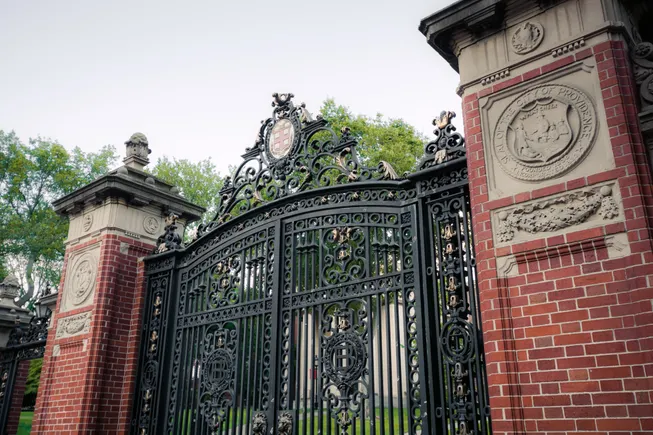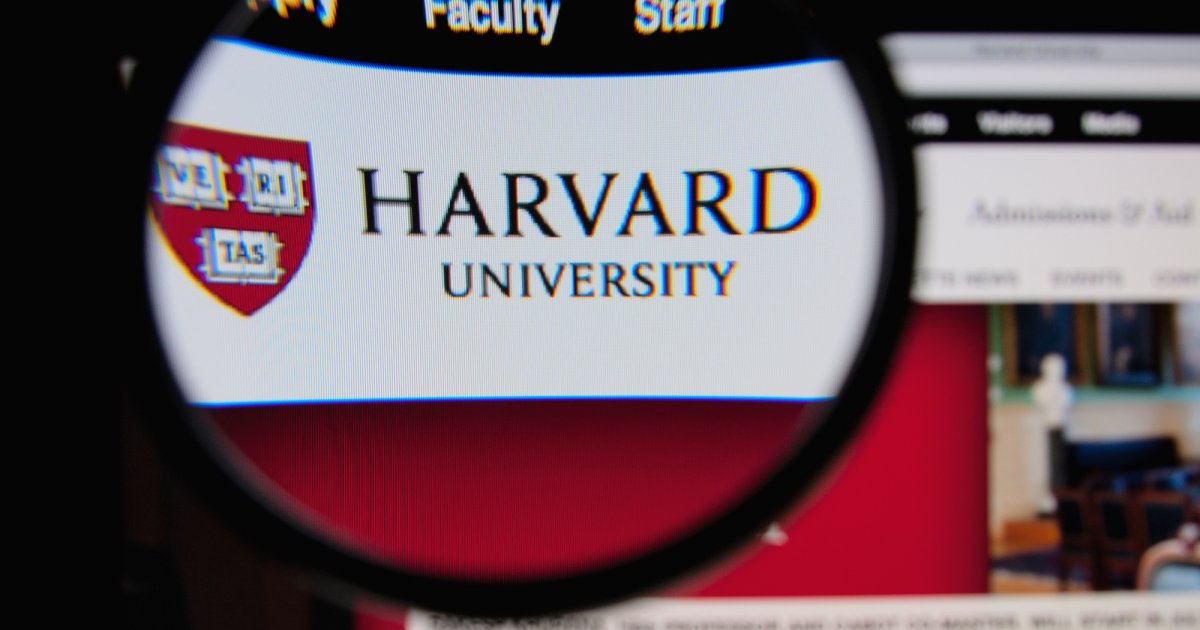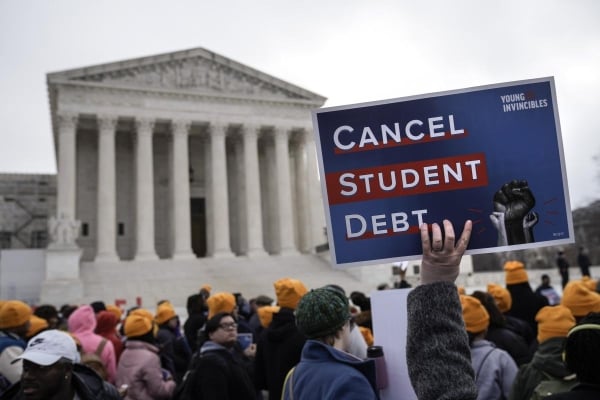To understand why, you need only follow the money.
Over the last four decades, American nonprofit culture has been reshaped and disciplined by neoliberal capital. So-called “impact philanthropy” and “venture philanthropy” introduced a corporate mindset: donors expect brand alignment, flattering metrics, and ideological safety. The result is a nonprofit sector that frequently mimics the institutions it claims to critique.
Organizations become risk-averse. They avoid structural analysis. They sidestep direct confrontation with the powerful. They produce white papers instead of organizing. They praise the very elite funders who limit their scope.
The most severe problems facing servicemembers and veterans—predatory for-profit schools, Pentagon-to-college corruption pipelines, GI Bill waste, chronic under-support—rarely get the oxygen they deserve. Advocacy groups that rely on neoliberal donors often focus on “financial literacy” workshops rather than taking on the multi-billion-dollar scams that actually trap servicemembers in debt.
Student-debt nonprofits, similarly, lean into “awareness campaigns” and technocratic fixes that avoid challenging lenders, profiteering institutions, or federal policy failures. Many will deliver testimonials and infographics, but few will call out the philanthropic class whose own investments are entangled in servicing and securitizing student debt.
And when it comes to helping working-class people more broadly—those navigating food insecurity, unstable housing, wage stagnation, and the crushing costs of education—the nonprofit sector too often does what neoliberal donors prefer: it performs compassion rather than redistributing power. It focuses on individual resilience rather than collective remedy.
Appearance Over Impact
This creates a strange ecosystem in which organizations are rewarded for looking productive rather than for being productive.
• Events over empowerment.
• Reports over results.
• Branding over coalition-building.
• Strategy sessions over structural change.
The donor’s name gets its plaque, its press release, its tax receipt. The nonprofit gets to survive another cycle. But the problems—deep, persistent, systemic—remain unchallenged.
Nonprofits that speak too directly about exploitation in higher education risk alienating the very people who write the checks. Some are nudged away from naming predatory universities. Others are steered toward “innovation,” “entrepreneurship,” or “student success” frameworks that sanitize the underlying issues. Many are encouraged to “partner” with the same institutions harming the people they were formed to help.
In the end, we get a sector filled with earnest staff but hollowed-out missions—organizations doing just enough to appear active but rarely enough to threaten the arrangement that keeps donors comfortable and inequality intact.
What Could Be—If Nonprofits Were Free
Imagine a nonprofit sector liberated from neoliberal constraints:
Organizations could openly challenge predatory colleges instead of courting them as sponsors.
Veteran-serving groups could expose fraud rather than “collaborate” with federal contractors.
Debt-advocacy groups could organize mass borrower actions rather than hold polite policy forums.
Working-class students could find allies who fight for public investment, not piecemeal philanthropy.
We could have watchdogs instead of window dressing.
We could have mobilization instead of marketing.
We could have justice instead of jargon.
But as long as donor-driven nonprofits prioritize appearance over impact, we’re left with what might be called “nonprofits and nothingness”: organizations whose glossy public-facing work obscures the emptiness underneath.
The Way Forward: Independent, Ground-Up Power
Real change in higher education—on affordability, accountability, labor rights, and fairness—will not come from donor-managed nonprofits. It will come from independent journalism, grassroots organizing, debt-resistance movements, student-worker coalitions, and communities willing to challenge elite decision-makers directly.
Those efforts don’t fit neatly into annual reports. They don’t flatter philanthropists. They don’t offer easy wins. But they build the kind of power that higher education, and the country, desperately needs.
Until more nonprofits break free from the neoliberal donor leash, we should continue to follow the money—and then look beyond it, to the people whose work actually changes lives.
Sources
— Eikenberry, Angela. The Nonprofit Sector in an Age of Marketization.
— Giridharadas, Anand. Winners Take All.
— Reich, Rob. Just Giving: Why Philanthropy Is Failing Democracy.




